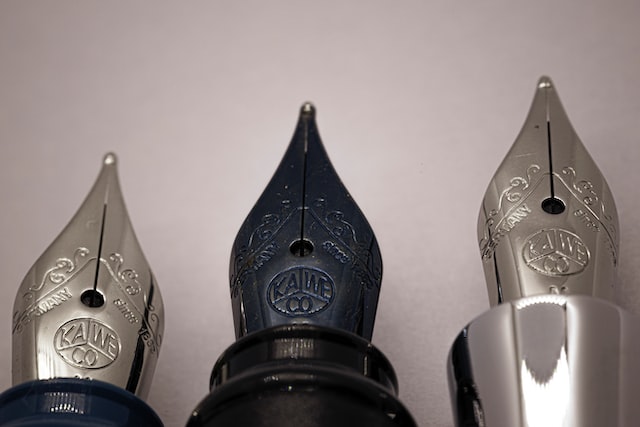How do you create a trust?
A trust can be set up as part of
a Will or as a way to manage assets for people. The person who sets up the trust is called the “settlor”. A trust is a legal entity, so you need to make sure that you create a trust correctly and gain legal advice before doing so to ensure that it will be valid and that it accurately reflects your wishes.
The following steps will need to be followed when setting up a trust:
Step 1: Decide who will be appointed to manage the trust (the trustees)
You must appoint a minimum of 2 trustees and a maximum of 4. The trustees are those who deal with all the assets according to your wishes and who will manage the trust on a daily basis including settling taxes and establishing how assets should be invested or used.
These are the people who will benefit from the contents of the trust.
Step 3: Complete the trust document
This is the document that creates the trust and confirms who the trustees and beneficiaries will be. This will need to be drafted by a solicitor.
Step 4: Transfer the assets
When the trust document is complete, you must transfer the assets being placed in the trust to the trustees. The trustees must open a trust bank account to retain any funds transferred to the trust. It is recommended that the trustees seek independent tax and financial advice if investments are transferred to the trust.
Step 5: The trust becomes active
When a trust is created and immediately becomes effective, it is known as a “Living Trust” which is used to protect assets over a person’s lifetime.
When a trust is created and doesn't become effective until after death, it is known as a “Testamentary Trust.” In this case, you will need to draft a Will that includes all of the trust's rules and, if necessary, a letter of instructions to the current and future trustees outlining your objectives and goals to establish a Will trust. This type of trust is usually created to provide for others after death.

When would you need a trust?
Trusts are created for a variety of reasons depending on the individual’s situation, this could include the following:
- If you have a child with a mental health issue or learning disability and you are concerned about how they'll manage their finances after you pass away.
- To control and protect family assets when a beneficiary is too young to handle their own affairs or when the settlor is unable to handle their own affairs.
- To pass on assets while a settlor is still alive to avoid the chance of their Will being challenged after death.
- To separate the settlor from their assets so that they can benefit from tax relief when their estate is considered for Inheritance Tax.
How Can GloverPriest Help?
At GloverPriest, we provide friendly and transparent legal advice. If you would like further advice about setting up a trust, please don’t hesitate to speak to one of our expert lawyers today.
Complete our enquiry form.